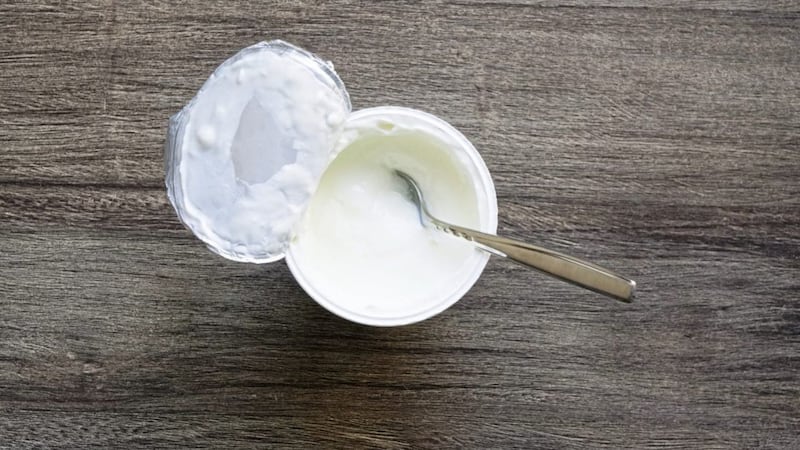TOOTH decay is the number one reason for children being admitted to hospital. It is estimated that 40 per cent of five-year-olds in Northern Ireland show signs of tooth decay (that is compared to 25 per cent in England). So where are we going so badly wrong?
Along with guidelines around supervised brushing and regular visits to the dentist, what our children eat has an important role to play in building strong, healthy teeth and preventing tooth decay.
:: What to eat for healthy teeth
We all know that sugar is bad for our teeth. When we eat sugary foods, the bacteria in our mouth feast on this sugar to form acids that attack the enamel of our teeth, which leads to cavities. That's when we end up having to get a filling, or worse still, an extraction. So it makes sense to cut back on sugar in our diet.
Children are not born with a 'sweet tooth'. We have the notion that a reward or treat food for children has to be sweet or sugary. If we change our mindset on this, and encourage our kids to see foods that are a good for them as a treat, then we are setting up healthy habits for life.
In terms of healthy eating for good dental health, we are encouraged to eat less often, as snacking also increases the risk of tooth decay. If you are giving your children a snack between meals, here are some ideas that may help support healthy teeth and gums.
:: Natural or Greek yoghurt is a great source of calcium. This is a perfect snack for toddlers and youngsters.
:: Carrot sticks and houmous for healthy gums. Houmous that contains tahini is a great way to get more calcium into the diet.
:: Nuts like cashew nuts, hazelnuts and Brazil nuts are perfect for older children. For children under five who may be at risk of choking, add ground or crushed nuts to foods, or try sugar-free nut butter on toast as a healthy breakfast or snack.
:: Cheese is packed with calcium and protein. A handy addition to a child's lunchbox, but avoid processed cheese and 'string cheese' and go for the real thing. A little snack pack of cheddar or something similar is preferable.
:: Don't forget the sugar your child consumes in drinks – including fruit juice and flavoured milk drinks. The best drinks for kids are water or milk. Encourage your child to drink water throughout the day by getting them a funky water bottle that they will be proud to show off.
:: The worst foods for our teeth:
High-sugar foods and drinks, and acidic foods are most likely to cause damage to our teeth. These include:
- Sweets, chocolate, buns, cakes and biscuits
- Sugary drinks (including flavoured milk drinks with added sugar), cordials, energy drinks and fruit juice
- Ice cream
- Jams, marmalades and honey
- Sugary breakfast cereals
:: The best foods for healthy teeth:
The nutrients we need for healthy teeth and gums include calcium, phosphorus, vitamin D and vitamin C. These are found in:
- Sugar-free dairy products like cheese, yoghurt and milk
- Dark green leafy vegetables
- Carrot, celery and crunchy vegetables
- Nuts and seeds
- Fruit and vegetables
Encouraging friendly bacteria could help reduce inflammation and help promote healthy gums, so live yoghurt is a good place to start with this.
Most of us living in Northern Ireland don't see enough sunshine to get sufficient vitamin D, especially in autumn and winter. Vitamin D has been shown to be beneficial to help reduce risk of dental caries, so it is a good idea to supplement vitamin D for all the family between October and May.
:: Back to basics
- Don't forget to brush
- Brush twice a day. Visit your dentist twice a year
- Floss once a day








